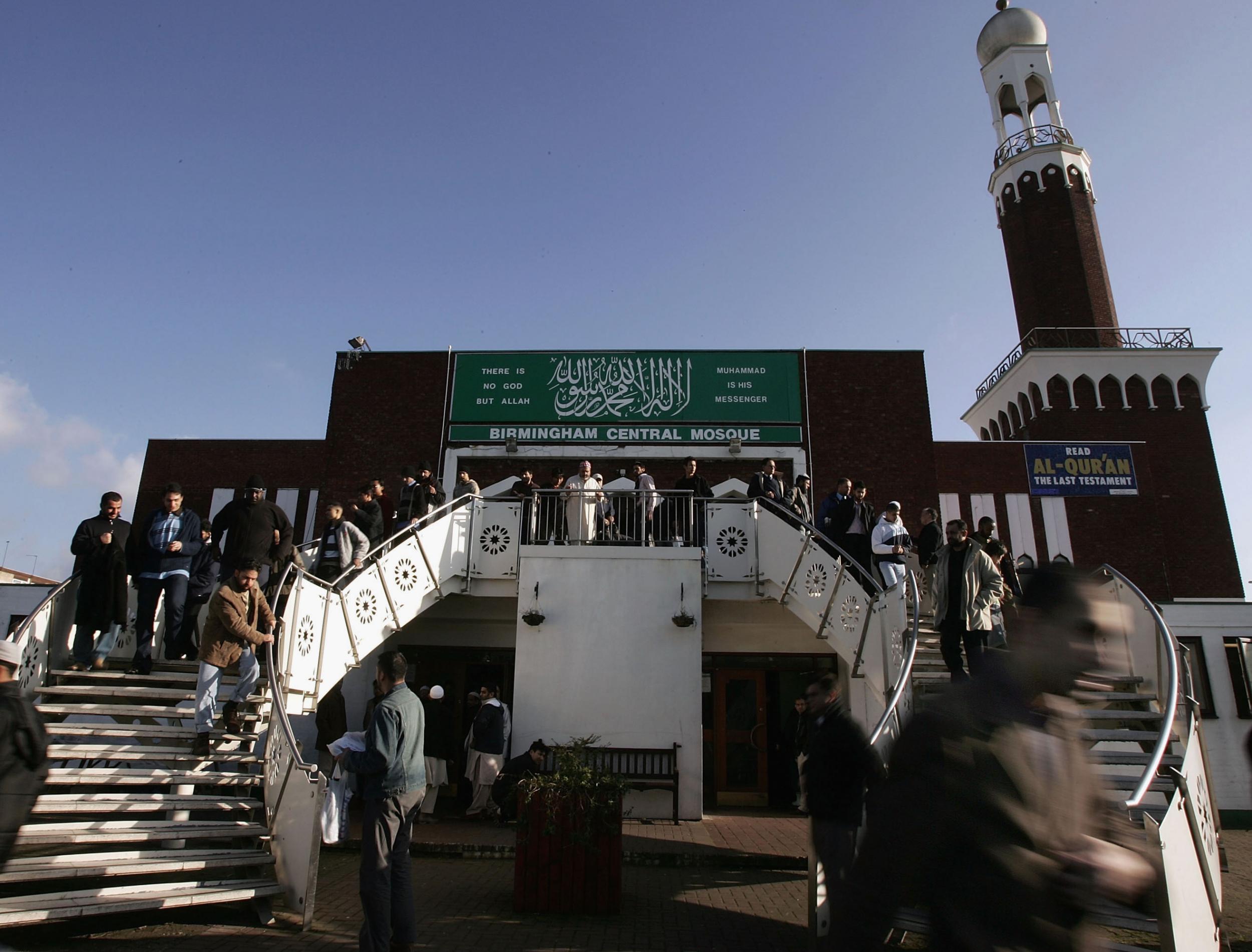It's hard being a Brummie Muslim, especially when your neighbourhood is named the 'jihadi capital of Britain'
This week, reporters have been swarming round our local family-run restaurants and beloved streets, as if they’re waiting for more terrorists to pop up. They're so misguided

Your support helps us to tell the story
From reproductive rights to climate change to Big Tech, The Independent is on the ground when the story is developing. Whether it's investigating the financials of Elon Musk's pro-Trump PAC or producing our latest documentary, 'The A Word', which shines a light on the American women fighting for reproductive rights, we know how important it is to parse out the facts from the messaging.
At such a critical moment in US history, we need reporters on the ground. Your donation allows us to keep sending journalists to speak to both sides of the story.
The Independent is trusted by Americans across the entire political spectrum. And unlike many other quality news outlets, we choose not to lock Americans out of our reporting and analysis with paywalls. We believe quality journalism should be available to everyone, paid for by those who can afford it.
Your support makes all the difference.My brother, who lives abroad, surprised me with a text message this week saying that everyone is asking him about Birmingham. “Our great city’s name has been spoiled,” he typed. It wasn’t just national press and television reporting about Birmingham, apparently, but the international media too.
I was born in Sparkbrook, the area highlighted in so many reports as a terrorist hotspot after the Westminster attack. The Daily Mail even called it “the jihadi capital of Britain”. Soon after the horrific events in London, I realised that as a Brummie Muslim, I was now saddled with a double burden. It’s hard when someone stereotypes your home and your religion like that – but I still consider my identity to be a double privilege.
I am proud that Sparkbrook survived soaring unemployment during Margaret Thatcher’s years. In one of its areas, Balsall Heath, the violence of an infamous red light district was defeated by the local community. This city has a long tradition of surviving hardship: the Birmingham Blitz in the Second World War, damaging factory closures, sudden riots and disproportionately low funding from successive British governments. A few years ago, it was confirmed that London has multiple amounts spent on its infrastructure compared to the West Midlands, with only the North East receiving less. Apprenticeships for youngsters remain capital-centric despite Birmingham being the youngest city in Europe, with almost 45 per cent of its population under 25.
If we want to stop radicalisation, let’s create apprenticeships and jobs, have a go at improving the quality of schools, beautify neighbourhoods to create a sense of ownership and pride, and reinvigorate a struggling but diverse arts scene which offers people alternatives in expression. That means stopping the recently promised cuts to the city’s creative arts and the drastic city-wide cuts in school funding.
Reporters have been floating around certain areas in the last few days, conducting vox pops with perplexed locals who have nothing sensational to say. These locals have never met an extremist or anyone who would contemplate extremist actions. I’ve seen journalists crowding outside a lovely family-run restaurant under a raided flat as though they believe that staring at a door might help them understand what transpired in Westminster.
Instead of pointing the finger at a religion or race, we should be noting that these areas are some of the most deprived in Birmingham. It’s housing and jobs and youth centres that these residents want to talk about, rather than extremist ideas. The areas are diverse, full of churches, mosques and gurdwaras. Radicalisation doesn’t happen inside any of these: it happens online and off the grid.
Reporters should have stuck with The Guardian’s one-liner choice from the recently aired Extremely British Muslims: “The only extreme thing around here is the size of the rats, bro.” If we want to report on these areas fairly, let’s consider the impact of this Government’s austerity agenda, and the poor management and distribution of funding by the city’s current council.
These latest news developments about Birmingham are something of a non-issue. I didn’t feel any different when walking around the city since the raids, reports and journalists have come pouring in, because they have nothing to do with me or my community. The real issue is that we might be allowing one heinous crime to ostracise a community already facing low levels of employment and attainment, and compounding that by allowing them to feel victimised.
Despite all the pressures facing Birmingham, this is a beautiful city: not a terrorist hotspot but a tourist hotspot to which Londoners are flocking. So, dear media, unless you genuinely care about it, then please leave my city alone. The secret to radicalisation cannot be found on our beloved streets.
Join our commenting forum
Join thought-provoking conversations, follow other Independent readers and see their replies
Comments